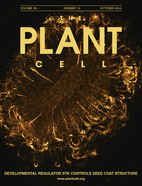A scientist in Ireland has corrected five of his papers in a single journal dating back more than a decade, after image-related problems were brought to his attention.
Four of the newly corrected papers have a common last and corresponding author: Luke O’Neill of Trinity College Dublin in the Republic of Ireland. O’Neill is also a co-author of the remaining paper that was fixed. O’Neill told us the mistakes were a “bit sloppy,” noting that he takes responsibility for the errors in the four papers on which he is last author.
O’Neill forwarded Retraction Watch a comment he received from Kaoru Sakabe — data integrity manager at the American Society for Biochemistry and Molecular Biology (which publishes The Journal of Biological Chemistry (JBC)) — that reads:
Continue reading “An example for all authors to uphold:” Researcher logs 5 corrections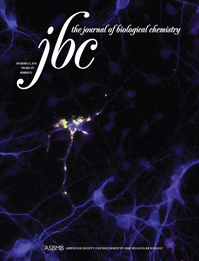
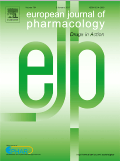
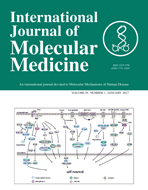
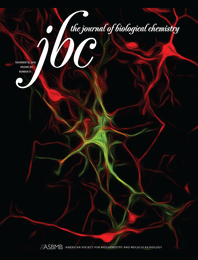 In November, a vice president at an institution in Taiwan
In November, a vice president at an institution in Taiwan 
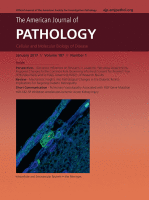 A pathology journal is retracting two papers after an investigation at the last author’s institution in Germany found evidence of scientific misconduct.
A pathology journal is retracting two papers after an investigation at the last author’s institution in Germany found evidence of scientific misconduct.

